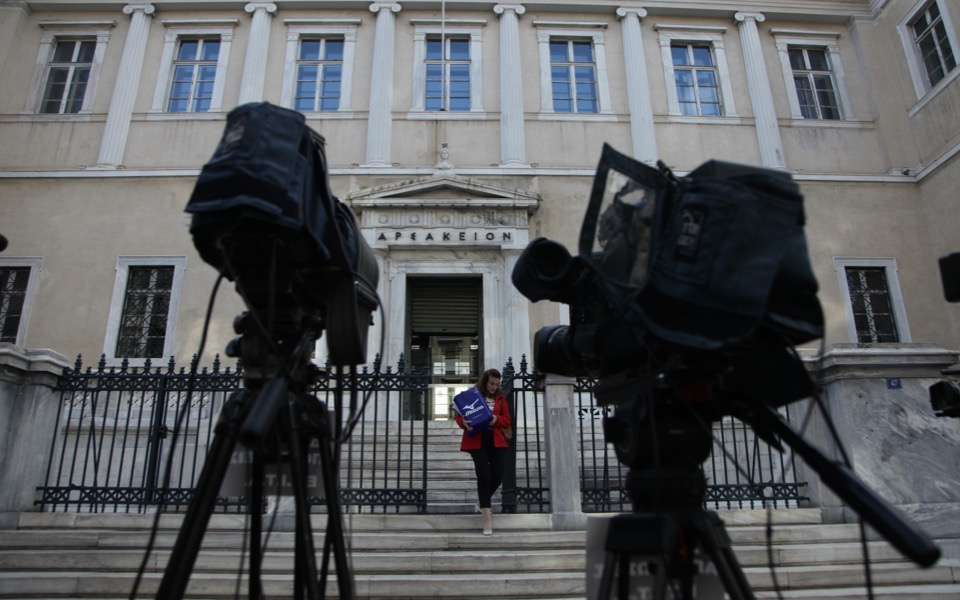Anti-rationalism and anti-intellectualism

Skyrocketing demand for tarot card, coffee cup and tea leaf readers; communities dealing with drought by holding religious litanies; the private lives of judges revealed to all and sundry; anti-establishment groups hailing themselves as the “Sword of Damocles” and staging “symbolic” – to use their term – attacks against public buildings; the general sense of repugnance for all things learned and scientifically upheld that is gradually taking over printed and online media.
The notions of anti-rationalism and anti-intellectualism are nothing new in Greece. They appeared, the latter in particular, very vividly during the second period of PASOK’s reign over Greek politics and society with the prevalence of populism and sensationalist media in public life.
There is not much more to say about this return to the 1980s in the second decade of the 21st century. The issue has been exhausted and the poison darts are firmly planted and starting to have an effect. The real problem that should be concerning us is how easily the return to those days occurred. Thankfully, however, this has not come about without some resistance. Thankfully, there are voices trying to stem the tide, that uphold the Constitution and the laws of the land, that express their faith in the institutions and their representatives, irrespective of their own political beliefs.
The general assembly of the Council of State, for example, issued a statement lambasting the publication by media of details pertaining to the personal life of one of its members, a vice president who is to rule on the issue of whether the broadcasting license tender was in line with the country’s Constitution.
The seeds of such populism have found fertile ground in the present government, as we see ministers who adopt its rhetoric and its methods enjoying an attentive audience or even cultivating a new one. The crisis is here to stay, absolutism rules the day and the public man has been knocked off his pedestal.
Should we be comforted by the fact that populism has cast its pall all over Europe? Certainly not. Not if we want to underrate the problem again by making it a European, or – why not? – even global problem. The decline of Greek society is not the result of poverty or unemployment. This insidious animosity and repressed vindictiveness, the constant denigration of good people simply in order to make room for the mediocre or bad, have been around much longer than the crisis and Europe’s recent woes. They are timeless.





